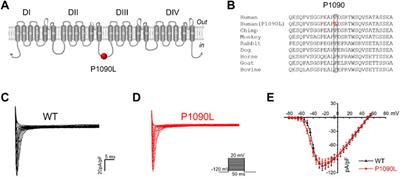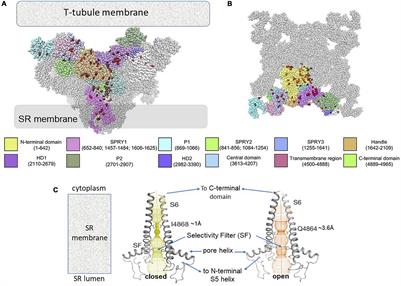ORIGINAL RESEARCH
Published on 05 Jul 2022
Effects of Mexiletine on a Race-specific Mutation in Nav1.5 Associated With Long QT Syndrome

doi 10.3389/fphys.2022.904664
- 1,579 views
- 5 citations
2,885
Total downloads
10k
Total views and downloads
ORIGINAL RESEARCH
Published on 05 Jul 2022

REVIEW
Published on 09 Mar 2022

PERSPECTIVE
Published on 10 Feb 2022
